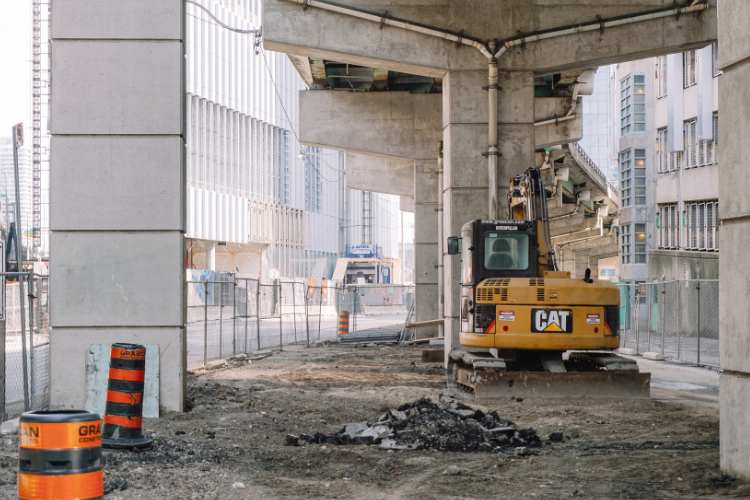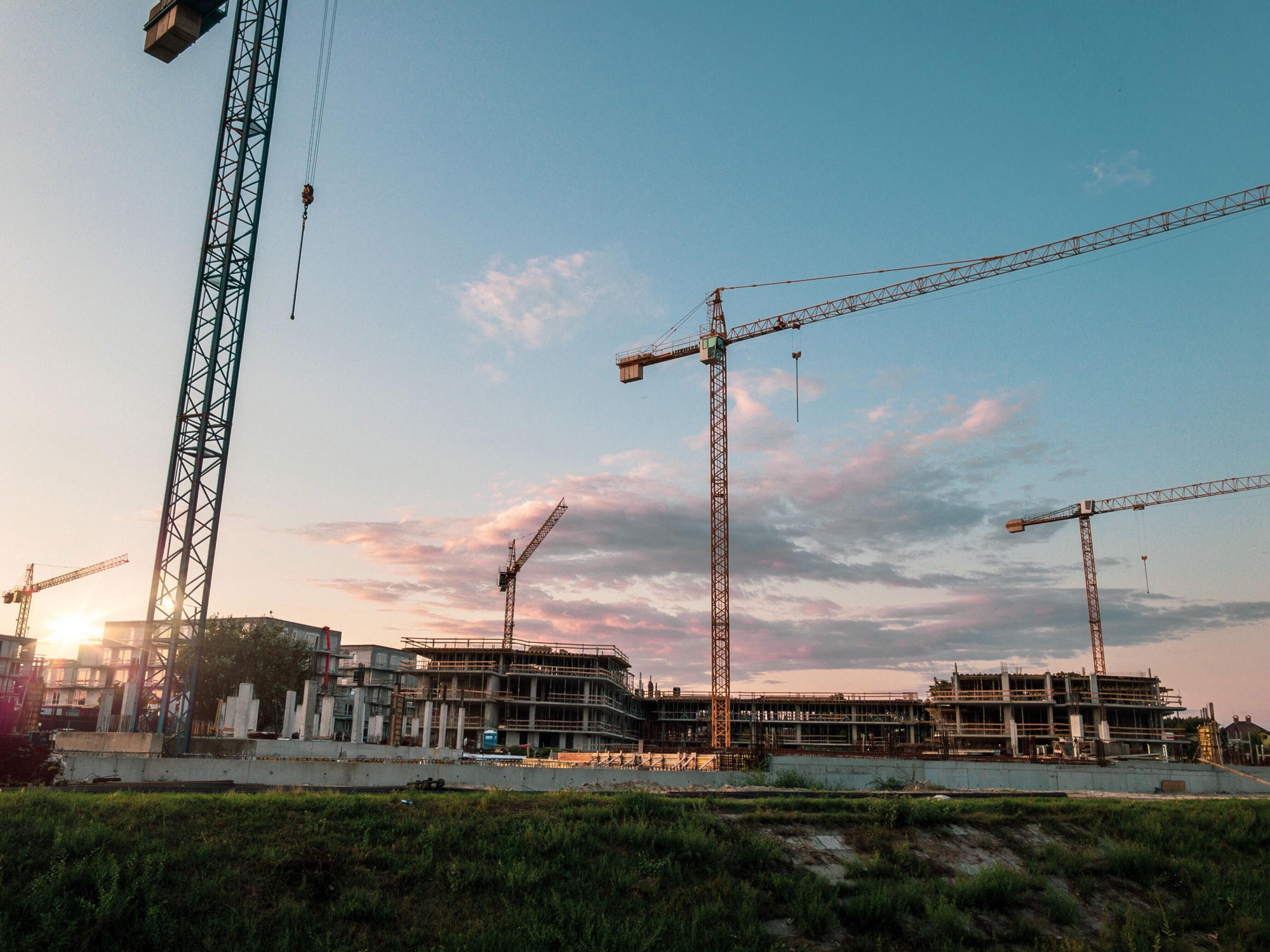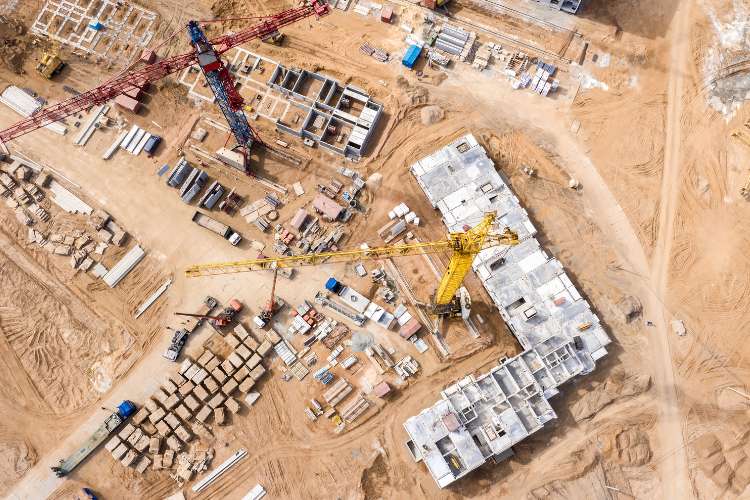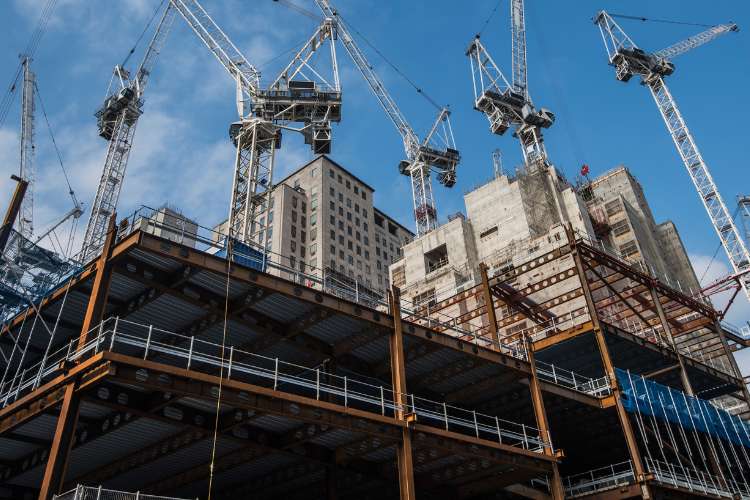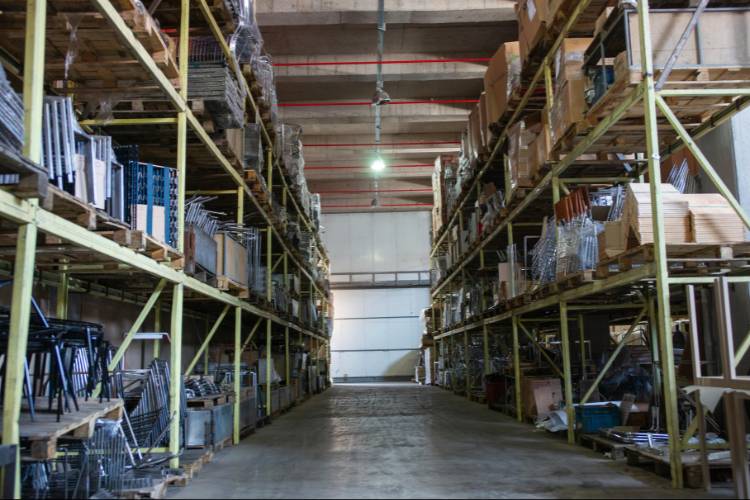Knowing how much you’re going to spend on a construction project, when you’re going to spend it, and what you’re going to spend is critical to the profitability of your business. Your budget on any given construction project should be driving your project’s timeline, and your business’s success.
Table of Contents
What to include in a construction project budget?
All project costs that should be included in a project’s budget fall into the following three categories:
- Direct Costs: Includes all material, labor, and equipment costs associated with the direct construction of a project.
- Indirect Costs: Include all soft costs incurred on a construction project that aren’t directly involved in the construction of a project. This could include, but isn’t limited to bonds, insurance, preconstruction costs and operation costs that can be associated with a specific project.
- Profit: The amount of money to be earned on a construction project versus the amount spent.
Every construction project is different and requires different costs to be included in your project’s budget. Refer to the list below to see costs that might be included in your construction project:
Bonds
- Bid Bond- Guarantees that if a contractor is chosen as the winning bidder, they will accept the job at their bid price. If the contractor doesn’t accept the job, they can be held liable to pay for any costs resulting in soliciting and evaluating new bids.
- Performance Bond- Guarantees that a contractor will carry out the construction as specified in the contract documents to substantial completion. If a contractor fails to perform the required work they can be subject to paying the project owner for any financial losses incurred by getting work performed by another contractor.
- Payment Bond – Guarantees that a contractor will pay all workers, subcontractors, and suppliers. If the contractor fails to pay then the owner can put a claim in against the bond for the amount owed to other parties.
*The Miller Act requires general contractors to secure payment and performance bonds on any federal construction project more than 100K.
Insurance
- Builders Risk Insurance: Protects a contractor for losses, destruction, and theft of any materials, fixtures, and equipment before and during the construction process.
- General Liability Insurance: Provides liability protection to contractors in the case of bodily harm or property damage during business activities. It usually will include coverage for faulty workmanship, job-related injuries, and defamation.
- Commercial Vehicle Insurance: Also called commercial auto or truck insurance. This isn’t solely for construction businesses, but it is intended to provide auto insurance for vehicles used by a business. Almost all construction businesses will have commercial vehicle insurance for trucks and cars used by the business.
- Workers Compensation Insurance and Employer’s Liability Insurance: Provides benefits for workers who suffer illness or work-related injuries.
- Umbrella Coverage: A contractor can also get an umbrella policy in addition to other insurance policies, which will increase the maximum general liability limits, as well as most other policy limits you hold with an insurance company.
Utilities and Taxes: Includes electrical, water, sewer, and gas costs incurred during the construction of a project. The project site may also be subject to specific tax rates paid during construction. To determine the tax rates that may be incurred on a construction project, refer to your local tax laws.
Consulting and Inspection Services: Includes any costs associated with hiring consultants, including but not limited to engineers, permitters, surveyors, architects, and testing/inspection professionals.
Unforeseen Costs: All construction budgets should include a buffer for unexpected costs. There is no way to account for 100% of the costs that will be incurred on a construction project. An unforeseen cost could be anything from delays incurred due to material shortages to a shortage of skilled labor requiring you to pay employees more than initially anticipated.
Debt Financing: If you use material financing, labor financing, or equipment financing you will have debt payments associated with each method of financing.
How to manage a construction project budget?
Building an accurate project budget isn’t a one-person job. Depending on the size of your company, your budgeting team may include a variety of employees with different job functions. For example, a construction project manager, estimator, and CFO may create a budget for a construction project.
At least one of your budgeting team members must understand your company’s overall cost structure. This person should have a deep understanding of how your projects are being funded, how much cash flow your business has, and what other projects your company is taking on.
Part 1: Research and Analysis
The primary goal of your research and analysis is to find any and all costs and revenues that will be associated with your project. You will also need to determine when costs will become due and when revenues will be earned. Your research and analysis will begin to form a timeline of payments and revenues that you will be able to use in your pre-construction planning process.
Construction projects are expensive and have unforeseen costs. Being able to handle cost overruns without sending your business into bankruptcy is critical. Your research and analysis should heavily influence your construction project budget.
Part 2: Pre-Construction Planning
After completing your research and analysis on project expenses and payment timelines, you are ready to start putting your budget together. By the end of your pre-construction planning, your company should have a complete budget and timeline that you can use to influence and guide the construction of your project.
You should use your estimate to assess what financial resources will be needed for your project. In addition, you have to understand all the other costs associated with your construction projects like bonds, insurance, and profit. Unlike your estimate, your project budget should consider payment schedules, including when you are being paid and when you are paying for resources.
Create a Documentation Procedure and Document Everything
Another thing to include in your pre-construction planning is documentation procedures. To keep your budget up to date and accurate, you should have documentation procedures in place before your construction project begins. This includes creating organizational systems for documents that you create and documents that you receive from other parties. During the research and analysis, you will come across a plethora of information regarding payments and costs on your construction project. It is vital that you save all the documentation influencing your budgeting decisions.
Part 3: Analyzing and Tracking Costs During Construction
No matter how much time you spend on your pre-construction planning, there is no way that your budget will cover every incurred expense. This is why budget analysis and tracking during your construction project is essential.
When tracking your budget, you should consider all costs you incur for each construction activity on your construction project. Budgeting isn’t just about tracking overall expenses. You want to track and analyze every aspect of your construction project so you can thoroughly investigate different parts of your construction process.
For Example: You budgeted $100,000 for light posts, but your supplier lets you know that the company is liquidating their current models and selling them for 80% of the cost that you originally calculated. Unfortunately, the concrete prices went up nearly 20% costing you an extra $20,000 on the light pole foundations. Price variations like this aren’t uncommon, but by tracking these expenses, you will be able to improve your estimates in the future by determining what elements of your budget are the most volatile.
Part 4: Analyzing Budgets After Construction
You shouldn’t stop looking at project budgets after completing your construction project. Project budgets can provide your business with countless insights that will allow you to improve your estimating, scheduling, and project management processes.
Expert Advice: Analyze your past project budgets to create more accurate estimates. By adjusting future estimates to align with your actual construction costs, you will drastically improve the quality of your estimates and the win rate of your bids.


